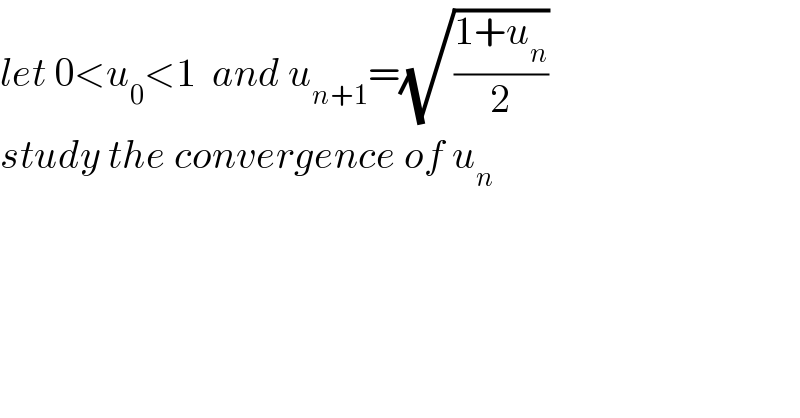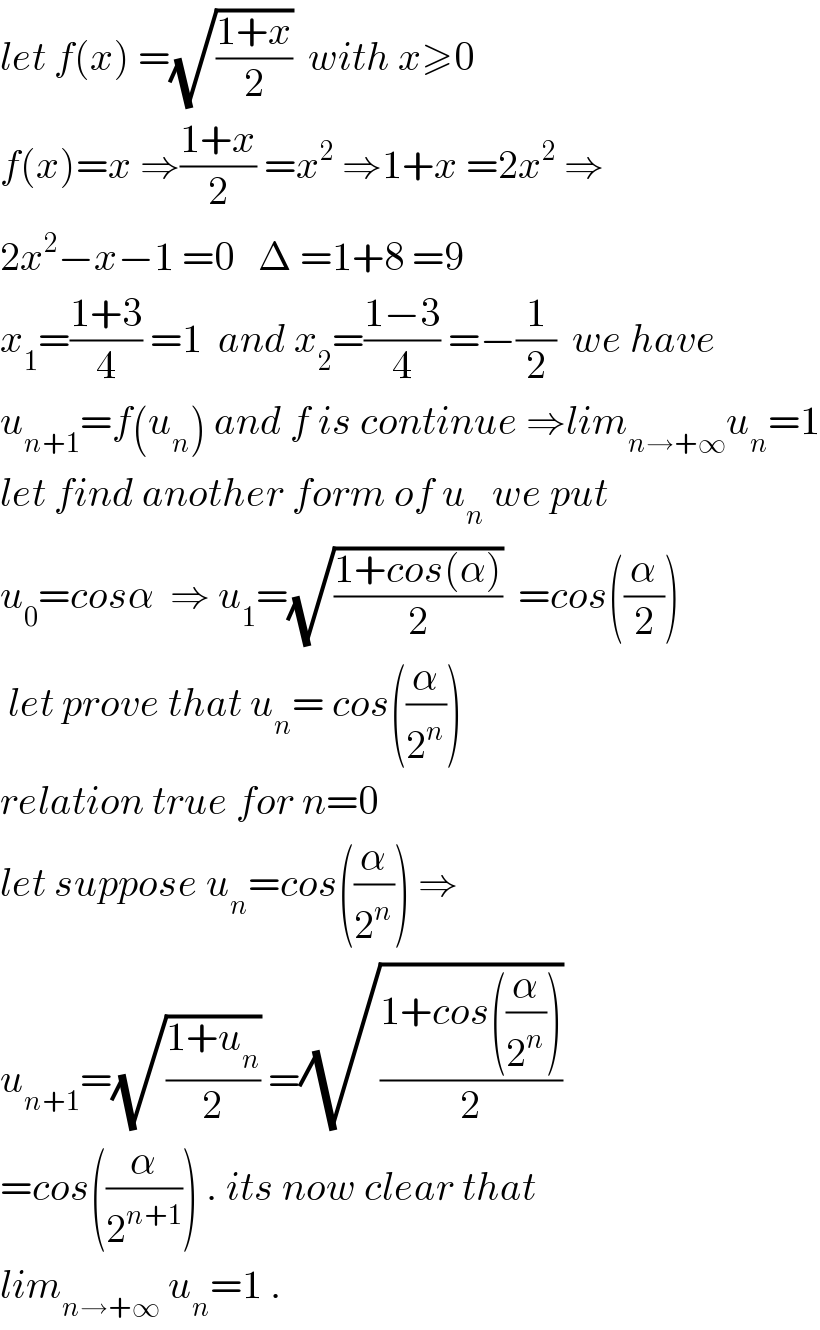
Question and Answers Forum
Previous in Relation and Functions Next in Relation and Functions
Question Number 37818 by prof Abdo imad last updated on 17/Jun/18

Commented bymath khazana by abdo last updated on 19/Jun/18

| ||
Question and Answers Forum | ||
Previous in Relation and Functions Next in Relation and Functions | ||
Question Number 37818 by prof Abdo imad last updated on 17/Jun/18 | ||
 | ||
Commented bymath khazana by abdo last updated on 19/Jun/18 | ||
 | ||